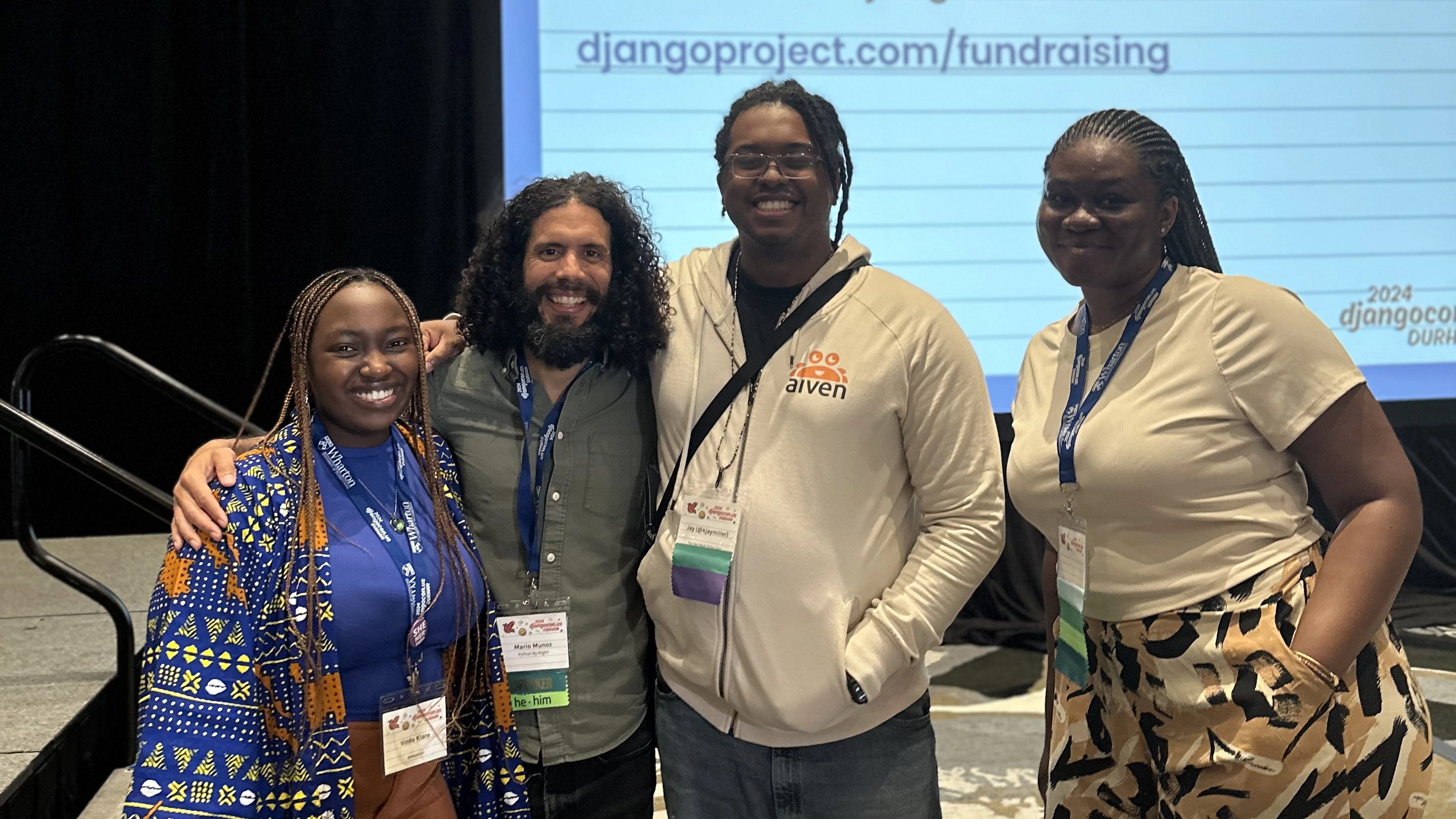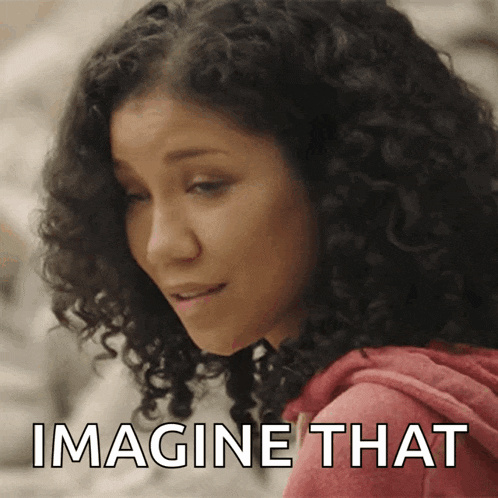
On Becoming a PSF Fellow
Last week I received an email that I had hoped to one day receive. The Python Software Foundation (PSF) had given me Fellowship status.
I'm a PSF Fellow. Hmm...

Time for the thank you's
I've said this many times, I would not be a Python Developer if it weren't for a handful of people that made up my first Python Community.
The first person to have an actual (we won't talk about the very first) conversation around my code and Python was Trey Hunner. He invited me to get boba and shared with me about attending PyCon in Montreal and the local San Diego Python community. I was struggling with some Python concepts (having only been using Python for a few weeks at that time). Ten years later, Trey is still someone that I frequently connect with and learn from. I was amazed to find out that Trey was not a Fellow already, but I'm happy to be joining with him.
Another fellow awardee was my good friend Kojo Idrissa. If my ideas could be described as lightning (wild, eratic, turbulent), Kojo is the lightning rod which is crucial to harnessing that lightning, controlling it, and maybe even convert some of it into electricity. I don't think my ideas travel as far as they do without Kojo being there to help clarify them and show how my simplest of thoughts are at the base of more complex ideas that come with multitudes of other issues beyond the control of the Python Community.
I'm glad to also see Kojo get his flowers as he has become THE friendly, familiar face across America and Africa for Python devs. Congrats, you deserve it!
Thank you to my good friends Jon Bonafato, Jacob Kaplan Moss, and Melanie Arbor. Sticking with the lightning metaphor, y'all are the people that help catch that lightning in a bottle to make something truly amazing. Y'all were the ones who saw an idea that I had and said "what if I helped with that". I also have amazing folks like Velda Kiara, and Denny Perez, Georgi Ker, and Anthony Shaw that saw my half-baked ideas and said "What if you did it this way...?"
And lastly you have the group of enablers like Iqbal Abdullah, Jeff Triplett, Mason Egger, Mario Munoz, Loren Crary, and Tim Schilling that make sure to convince me to volunteer for things. It is truly their fault I'm around as much as I am and I thank you for it.
How to become a PSF Fellow
If I were to have but one flaw, it's the desire to be accepted by those around me as one who belongs. Not in the gross seeking attention, hey! Look at me!, behavior (Though I did struggle with this as a child). Instead, I always wanted to do things that would make folks believe that I was capable of being their peer.
A part of this desire for acceptance, comes from being a career changer. There are so many things that I struggle to teach newer devs because I've never been exposed to them. I spend a lot of time sending my code to people so they can help me improve it. It wasn't till recently, that more and more people were looking at my code as a way to influence their own. This has pushed me to try to improve the communication around my code more than the code itself.
I say this because the most important thing I've learned in Python is that the code is basically the tertiary concern.
- Number one is the people. How do we create a community that is welcoming, always growing, and better than it was the day before.
- Number two is the sustainability of the language. How do we make sure that Python is around in 20 years.
- Number three is the code.
I think most people look at Python with their complaints because they look at it backwards. I often talk to new community members and they want to talk about the code. I talk with companies (including my own) and they want to talk about the code1.
Brett Cannon once told me, "The greatest impact I can make to the Python Community is continuing to be a great communicator." Someone recently told me that my commmunication around Python would impact more people than any line of code I could write.
If there was any lesson in how you can become a PSF fellow, it's care more about the people than the code.
Python as a language is humongous and Python as a community is a mere spec of it. PyCon US Attendees make up less 0.01% of the language's global users. There are a few hundred people that contribute to decisions that will impact millions of developers, most of which will never be recognized outside of their PEPs and hearts and +1's in a conversation.
If you want to be a Fellow, work to make that small community larger. Open doors that seem locked to others. Bring knowledge and context to those that don't know about the PSF, the steering council, or the group of core devs. Share ALL your knowledge (not just the Pythonic parts). Most importantly, remember that a Fellowship means nothing to the majority of people that you will talk to about Python and chasing it is mostly to be seen as a peer to those that have also recieved it. In the end, make an impact to those around you. Be a fellow to them.
-
I shared this news with colleagues at work decided not to mention it in the #python channel because there was much a conversation about code happening. ↩